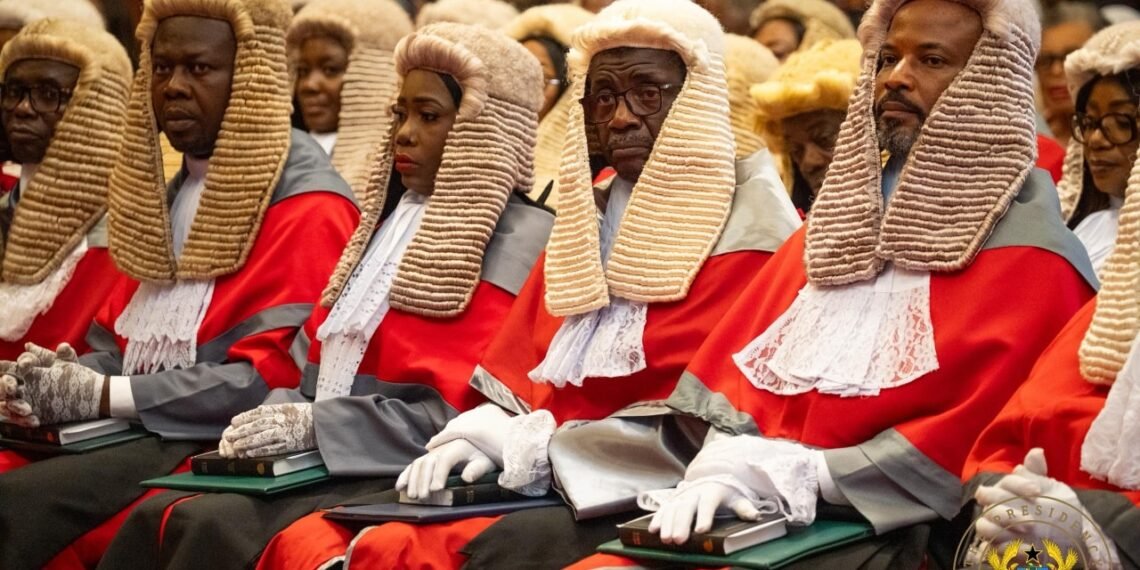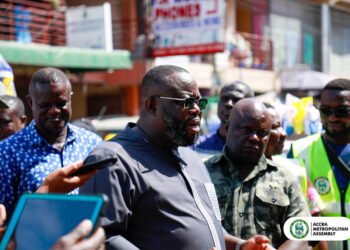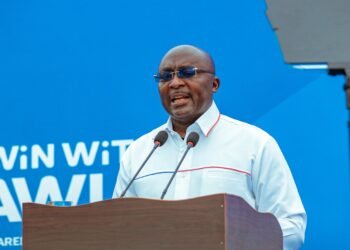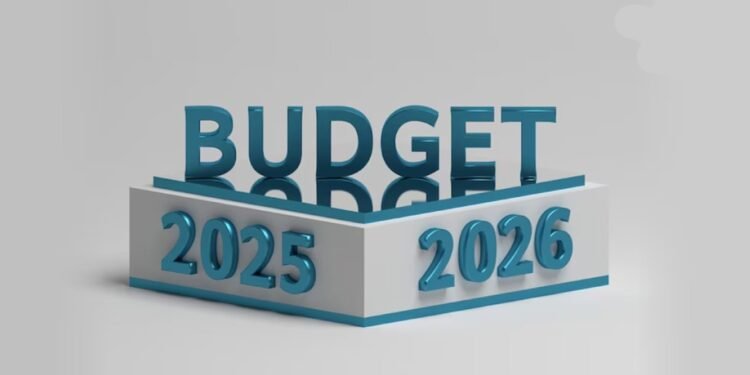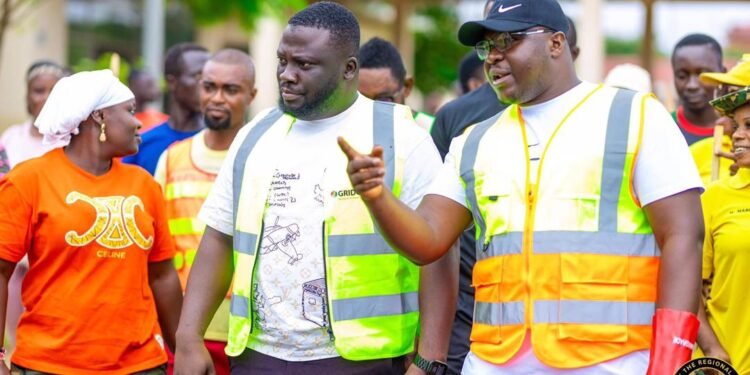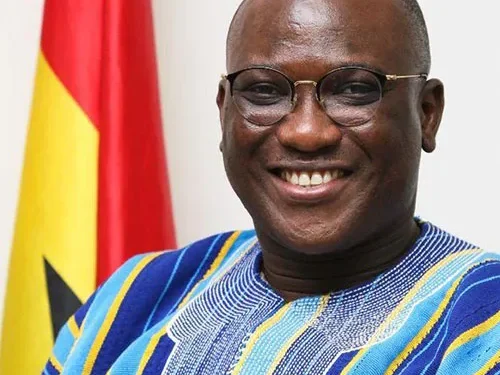At a solemn ceremony at the Jubilee House, President John Dramani Mahama delivered a deeply reflective and inspiring address during the swearing-in of newly appointed High Court judges, urging them to see their appointments not merely as elevations in rank but as sacred covenants with the people of Ghana.
He described the event as “a renewal of our nation’s faith in the enduring principle that justice is the firmest pillar of our democracy,” stressing that Ghana must always be governed by law and not “by the whims of capricious power.”
The President reminded the new judges that the oath they had taken went beyond a constitutional ritual. Quoting the late Chief Justice Philip Acher, he said, “It is a covenant between the judge and the people, a promise to rise above fear, favor, and friendship, and to judge as conscience and law command.”
According to him, their responsibility was to interpret the law with fairness, defend the weak with courage, and uphold the dignity of the Republic through integrity and service.
President Mahama emphasized the unique role of the High Court in Ghana’s judicial architecture, describing it as “the people’s court”—the place where ordinary citizens most directly encounter the justice system.
“It is here, that a market woman defends her rights to a piece of land inherited from her grandmother, that a young entrepreneur seeks justice in a contract dispute, that a journalist defends the freedom to speak truth to power, and that a parent prays for justice in the face of negligence or discrimination.”
President John Dramani Mahama
Drawing on the words of Nelson Mandela, President Mahama noted that a nation should not be judged by how it treats its most privileged citizens, but by how it treats its most vulnerable. “At the High Court, this reality is lived every day,” he declared.
He urged the judges to remember that for millions of Ghanaians who may never approach the appellate courts, their faith in democracy would depend on the fairness, clarity, and compassion with which justice is administered.
Acknowledging the changing social environment, the President noted that today’s citizens are younger, more informed, and increasingly vocal, with access to real-time discussions of court rulings on social media. He cautioned that this scrutiny was not a threat to justice but a call for greater relevance and accessibility.
“Justice must not hide behind robes—it must walk among the people,” he said, invoking the words of Ghana’s first Chief Justice, Sir Ako Korsa, who described justice as something that must be “accessible, intelligible, and responsive to the needs of the ordinary man.” President Mahama drew attention to the plight of the poor and marginalized in the justice system.
“When a young man languishes in pretrial detention for months, when a widow cannot afford legal representation, or when a family loses its home due to procedural technicalities, the law must not appear remote or indifferent. Justice must be swift, humane, and delivered in a language that people understand.”
President John Dramani Mahama
He tied the importance of judicial fairness to the broader health of Ghana’s democracy, stating that democracy rests not only on elections but on the rule of law, and that justice is “its very soul.” Citing the American jurist Leonard Hand, he reminded the judges that liberty lives in the hearts of people, and that “when it dies there, no constitution, no law, no court can save it.”
President Mahama connected these reflections to his administration’s RESET agenda, which places justice at the heart of national renewal and transformation. He said the government was reforming court processes, modernizing infrastructure, and expanding e-justice platforms to enhance transparency and speed, but stressed that “no reform can succeed without values.”
He underscored that “fairness, integrity, and humility must remain the lifeblood of our justice system,” noting that judicial power, though lacking physical force or financial muscle, commands moral authority that can “free the innocent, restrain the powerful, and even correct the state itself.”
He cautioned the judges that integrity was not an ornament but the very foundation of their office. “The law confers authority, but only integrity confers legitimacy,” he said, adding that when judges’ decisions are fair, “confidence reigns in the Republic.”
He urged them to remain incorruptible both in fact and in perception, so that every citizen who appears before them believes their fate rests solely on the law and evidence, not on influence or connections.
The President also drew a strong link between justice and economic development, warning that a country that invests in infrastructure but neglects the rule of law builds its progress on “shifting sands.”
Recalling a conversation with an investor, he said, “I can manage my investment risk, but I cannot manage uncertainty of the courts.” This, he noted, underscored the crucial connection between justice, stability, and prosperity.
With Ghana embarking on a 24-hour economy and major infrastructure expansion, President Mahama said the nation required “a judiciary that is both firm and facilitative,” capable of enforcing contracts fairly, protecting innovation, and ensuring justice without undue delay.
Judicial independence, he stressed, remained the “lifeblood” of Ghana’s democracy, but independence must coexist with accountability and transparency.
He reaffirmed his government’s commitment to defending judicial independence but reminded the judges that with freedom comes the sacred duty to uphold ethical discipline and professional excellence.
“The measure of our national greatness lies in how we treat our weakest citizens,” he said, urging them to ensure that justice in Ghana “never bends towards wealth or privilege, but towards truth and fairness.”
Turning to the legal fraternity, President Mahama called on lawyers to act as partners, not adversaries, in the pursuit of justice. He lamented the “culture of needless adjournments and delays,” urging efficiency and full embrace of digital transformation in court processes. “When lawyers play with time, justice becomes a casualty,” he cautioned.
In closing, the President appealed to the judges to let their courtrooms reflect both the “majesty of the law and the mercy of humanity.” Each case, he said, represents a human story—of loss, hope, and survival—and judges stand as “the final line between despair and dignity.”
“The late Justice Sandra Day O’Connor once observed, ‘the courts must end the trust of the people every day, one case at a time’. Let each judgment you deliver add another stone to the bridge of trust between the people and their judiciary.
“As you’ve taken your oaths of office in secrecy, remember that you enter into a covenant not only with the Constitution, but with history and the people”.
President John Dramani Mahama
He urged the new judges to make the High Court a living symbol of fairness and integrity, where every Ghanaian, rich or poor, can believe that justice in Ghana is “not a privilege, but a right and a promise kept.”
READ ALSO: Government Terminates 278 Small-Scale Mining Licenses



